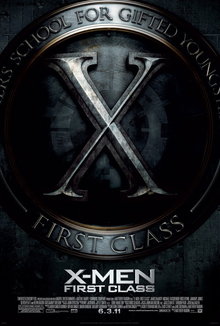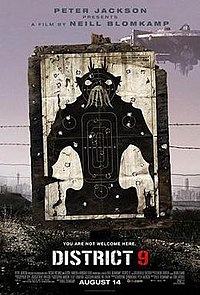Lists








8 Movies
Historic/True Story
Sort by:
Recent Desc
More lists by Andrew



Series
List includes: X-Men: First Class, The Hunger Games, Jurassic World
October 2020
0
M
@mizzoushep


Action
List includes: Avatar, District 9, Fahrenheit 451
October 2020
0
M
@mizzoushep



Drama
List includes: Fahrenheit 451, Passengers, Limitless
October 2020
0
M
@mizzoushep



Sports
List includes: Bleed for This, The Miracle Season, Fighting with My Family
October 2020
0
M
@mizzoushep